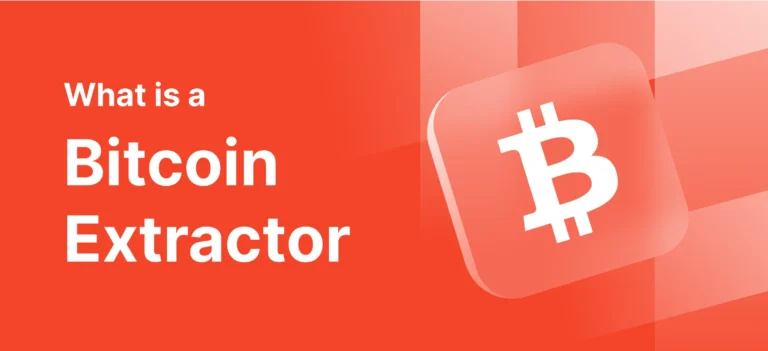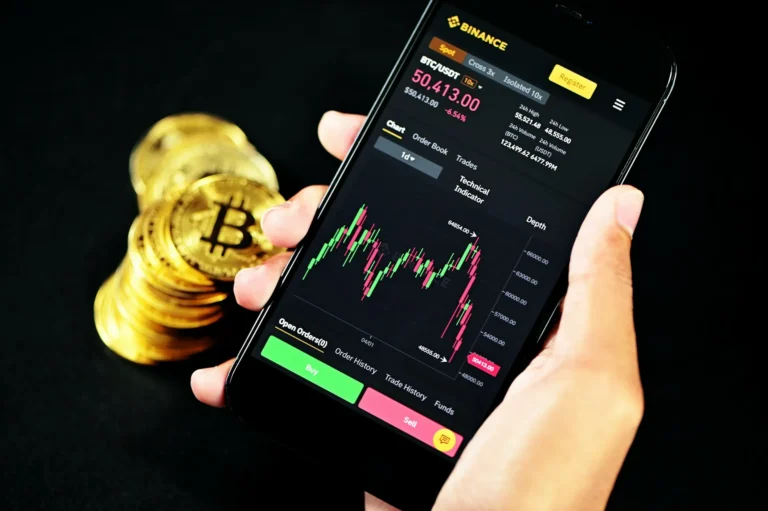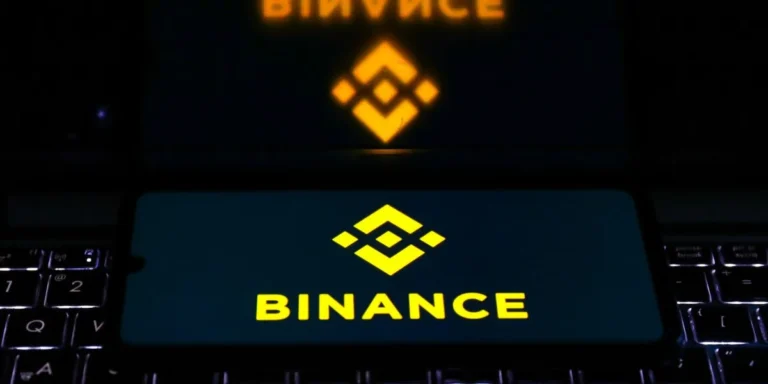Top Binance Alternatives & Competitors
Blockchainburst helps you find Binance alternatives that suit your individual needs. Compare and filter crypto exchanges based on support cryptocurrencies, payment methods, average prices, features, etc.

Binance is not the only alternative for Cryptocurrency Exchanges. Access other competing options and alternatives. Other essential factors to consider when researching alternatives to Binance include user interface and security.
The preferable Binance alternative is Zengo Wallet. Other similar apps like Binance are Coinbase Exchange, Gate.io, UPHOLD, and Poloniex. Binance alternatives can be found in Cryptocurrency Exchanges but may also be in Cryptocurrency Wallets or Crypto Mining Software.
Alternatives to Binance Recently Reviewed by Blockchainburst
Explore options below. Based on reviewer data you can see how Binance stacks up to the competition, check reviews from current and previous users in industries like Financial Services, Information Technology and Services, and Computer Software, and find the best product for your business:
1. Zengo Wallet
Zengo Wallet is the crypto wallet for all. You can buy, trade, and earn BTC, ETH, and more (over 70 of the top cryptocurrencies) on one, simple and cute platform. It has bulletproof security and legendary customer support, with cool support agents standing by 24/7 to answer any questions.
Zengo’s 3-Factor authentication process ensures that 1) no one but you can control your crypto, and 2) your wallet is backed up, so even if you lose your phone, you can recover your crypto through a simple 2-step verification process. Here is the nicest part: there’s no password to remember – or forget.
No private keys to store – or lose. Zengo recognizes that people often represent the weakest part of a security matrix, and we have built that into the wallet’s design. It is magic…and a lot of advanced cryptography.
2. OKX
With OKX, an established crypto exchange, you can purchase, hold, and exchange a large selection of cryptocurrencies. Its portfolio contains around 350 cryptocurrencies and needs no deposit fees.
Users can purchase cryptocurrencies in a few clicks using a card, bank account, or digital wallet.
3. Crypto.com
Crypto.com provides a one-stop shop for all things crypto, whether you’re a seasoned trader or just starting out. They have two major platforms: the Crypto.com App and the Crypto.com Exchange.
The Crypto.com App is a user-friendly mobile app that allows you to purchase, sell, and store over 250 cryptocurrencies with fiat currency (like US dollars). It’s a good entry point for beginners due to its straightforward interface and ability to buy crypto at the current price.
If you are looking for more advanced features and the ability to trade crypto for other cryptocurrencies, then the Crypto.com Exchange is the way to go. This platform provides a wider variety of trading options and potentially better rates for frequent traders, especially those who hold CRO, Crypto.com’s native token.
4. Coinbase
Coinbase is a famous platform for venturing into the world of cryptocurrency. It allows you to purchase, sell, transfer, and even store cryptocurrencies like Bitcoin and Ethereum all in one place.
Their mission is to make crypto accessible to everyone, and their user-friendly interface reflects that. If you are interested in getting started with crypto, Coinbase offers a secure environment to dip your toes in.
You can buy crypto with your debit card or bank account, and they also offer educational resources to help you understand this new and exciting technology. However, it’s essential to remember that cryptocurrency is a volatile market, so do your research before you invest.
5. Kraken
Kraken is another firm platform to consider for your cryptocurrency ventures. Unlike Coinbase’s spread fees, Kraken offers a more transparent fee structure. You will pay maker-taker fees, a common system in crypto exchanges.
Makers who add liquidity to the market with their orders are typically rewarded with lower fees, while takers who remove liquidity pay slightly more. The fees also drop as your trading volume increases.
Factors to Consider When Choosing a Binance Alternative
- Security: This is important. Look for exchanges with a strong track record of safeguarding user funds and employing robust security measures.
- Regulation: Compliance with regulations can differ. Consider your comfort level and choose a crypto exchange that adheres to your region’s standards.
- Fees: Trading fees, deposit/withdrawal fees, and margin interest rates can significantly impact your conclusion. Compare fee structures before committing.
- Features: Do you need advanced order types, margin trading, or staking capabilities? Ensure the platform offers the features you need.
- Supported Cryptocurrencies: The wider the variety of cryptocurrencies given, the greater your investment flexibility.
- User Interface (UI): A user-friendly and intuitive interface is crucial for a smooth trading experience, especially for beginners.
Bottom Line
Binance is unarguably the largest cryptocurrency exchange, in terms of user base, daily trading volume, and regional availability. However, due to some factors, most of which are personal, traders might need to resort to alternative platforms for their cryptocurrency trading.
We reviewed some exchanges that can come in handy for cryptocurrency investors who are looking to conduct their trades somewhere.
While our list may not be exhaustive, we considered factors like user experience, available services, liquidity, and security practices while selecting viable alternatives to the Binance Exchange. Review these parameters as they apply to you while picking a Binance alternative to trade on.






